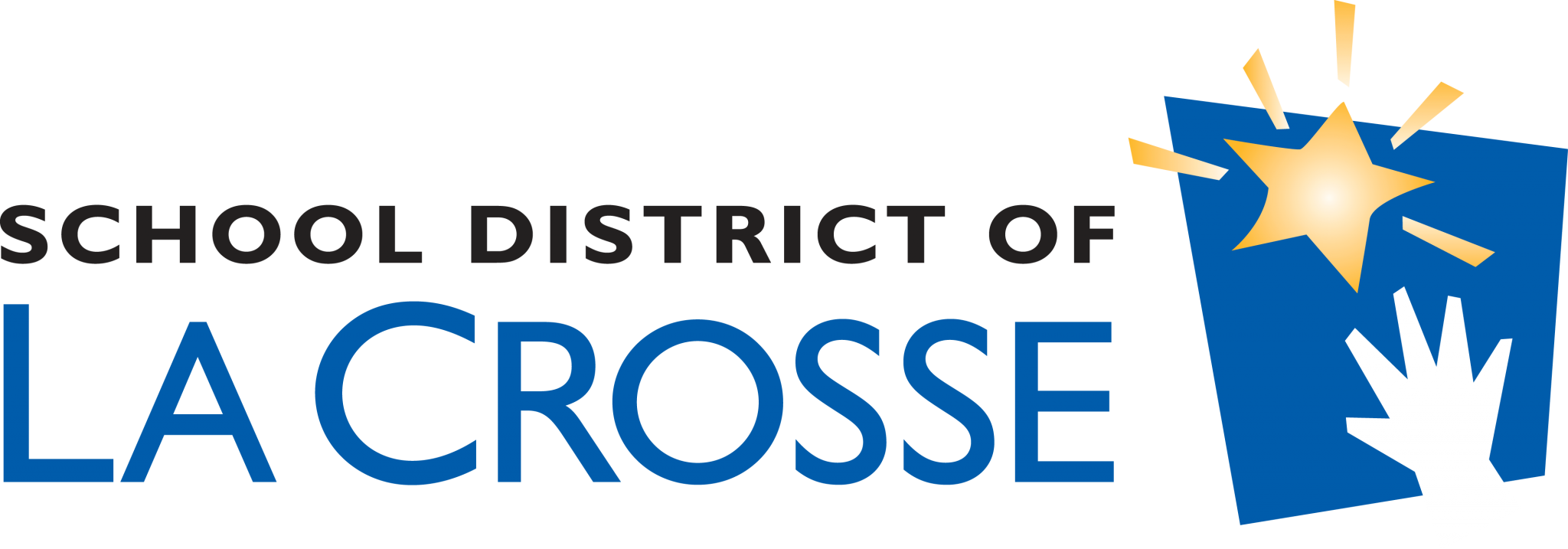Concerns about Aggression or Violence
Considerations when Supporting Youth
- Determine how dangerous the aggression is. Consider the following:
- Is the aggression verbal or physical?
- Is the aggression directed toward property?
- Is there violence directed toward specific individuals?
- Violence directed toward others would be considered an increased safety risk.
- If the youth is physically violent toward others, try to separate them from anyone they may hurt.
- Remain calm – this is your superpower.
- Your biggest tool in de-escalated a situation will be remaining calm.
- Speak in with a quiet, calm tone.
- Give options when possible.
- Ensure everyone’s safety and take a break if needed.
- It may be helpful to give the youth space if it is safe to do so.
- Do not discuss consequences or engage in problem solving when the youth is escalated.
- When the youth is calm, engage in a conversation with them about what may have led to the escalated behavior and what unmet needs they may have.
- Set clear limits for safety of what they can and cannot do, and how you will respond if they cannot be safe.
- Let them know you are there for them and your priority is keeping them and others safe.
Connect with Supports
- There are several different ways to seek counseling or treatment. This includes a private therapist, a school counselor, mental health center services, and/or substance abuse treatment. Private therapists can be a licensed clinical social worker (LCSW), a licensed professional counselor (LPC), or a psychologist. This is usually covered by insurance and may occur weekly or every other week depending on treatment needs. Therapy is individualized and collaborative. A therapist may offer more frequent sessions if needed or may recommend a higher level of care as needed.
- Youth may also be able to receive counseling at school. This may be in the form of a school counselor who is accessible to all youth. The school counselor can give you more information about services available in the school.
- The School District of La Crosse also has a Student Family Assistance Program which offers short-term solution-focused interventions to support student mental health. If you are interested in this program, reach out to your school counselor.
- Youth in crisis may need more intensive support than outpatient therapy or school counseling.
Seek an Alternative Placement
- It may be appropriate to seek an alternative space for the youth to stay.
- This option is most appropriate if youth’s aggression/violence is specific to or triggered by one setting or person.
- There are times when getting some space can stabilize a crisis. If there is a safe friend or family member in the picture, it may help for the youth to stay with them for a few nights, or until a plan can be made.
Call 9-1-1
- If youth cannot calm down and/or hurts someone else, call 9-1-1 for assistance from police.
- When calling 9-1-1, be ready to give the dispatcher the right information. This includes name: phone number, address, date of birth, people involved, a description of the situation, and what kind of help you need. It may be helpful to inform the dispatcher of the child’s mental health issues so that the responding officer is aware.
- Remember that 9-1-1 is an emergency response, and the goal of the responding officer will be to ensure safety and move on to the next call.
- There are several possible responses by law enforcement. Law enforcement may provide support to stabilize, transport youth to the Emergency Department for evaluation, write a ticket, and/or place a youth in detention.
- Once law enforcement arrives, the outcome is up to their discretion.
What Else Can I Do?
If you would like assistance getting help for yourself or you would like to refer your child, student or friend for professional services, reach out to your school student services offices for additional support and information.
Community Resource
Great Rivers 211
Great Rivers 2-1-1 offers free, confidential community information and referrals 24 hours/day. Dial 2-1-1 or (800) 362-8255 to talk to an information and referral specialist.
